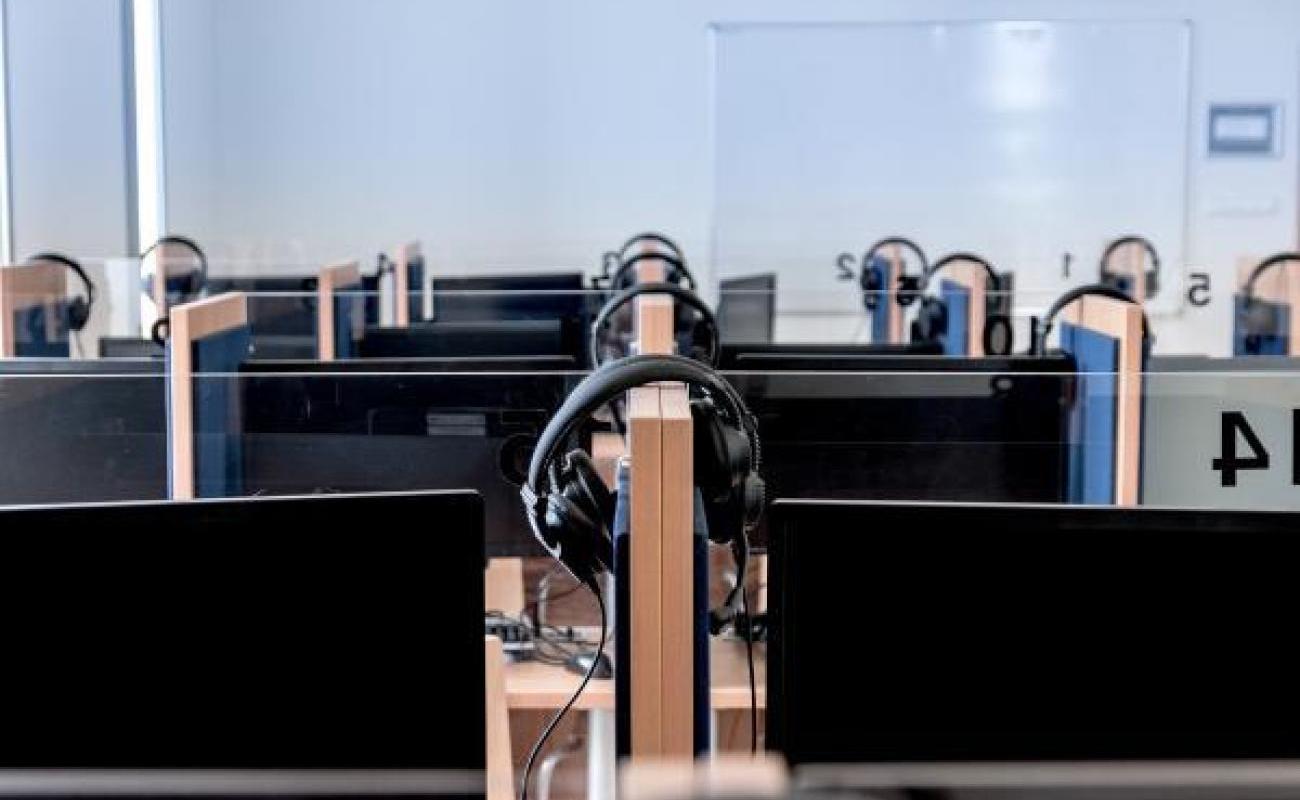Serbia: EIB Global invests €76 million in upgrading education and waterway transportation

- EIB Global has unlocked €45 million for two education projects and €31 million for sustainable waterway transportation.
- The funds will increase the competitiveness, connectivity and productivity of the Serbian economy while creating new employment opportunities.
- Since 2005, EIB Global has provided €4.5 billion for transportation and €375 million for R&D projects and education in the Western Balkans.
EIB Global, the arm of the European Investment Bank (EIB) devoted to activities outside the European Union, has unlocked €76 million to further support the modernisation of Serbia’s education and sustainable transport infrastructure. This includes a €40 million loan to build, renovate and equip educational facilities across the country. Most of the investments will be made in regional training centres that offer upper secondary vocational training and education. These infrastructure improvements will provide modern learning conditions and improve the quality of education, while also increasing productivity and employability in the country.
In the education sector, the EIB and the Republic of Serbia also signed an additional €5 million for the Connected Schools Project on top of the €65 million loan signed in 2020, to help bring new digital skills and equipment to over 1 500 Serbian schools.
Finally, following a €100 million loan signed in 2018, the Bank unlocked another €31 million to improve waterway navigation along the Sava and Danube rivers, to make river transport in Serbia and the region safer and more efficient.
Vice-President Lilyana Pavlova, responsible for EIB activities in Serbia, explained, “These new investments under Team Europe will help Serbia improve its education and waterway transportation standards, which is a precondition for sustainable and inclusive economic growth, better connectivity, social cohesion and human capital development. The education projects aim to ensure inclusive, digital and equitable access to quality education and promote lifelong learning in line with labour market needs, leading to higher productivity and civil engagement. Additional funds allocated to inland waterway infrastructure will help increase the navigability, efficiency and capacity of river transport along the Rhine-Danube Corridor, a pivotal inland route for the region and Europe.”
Siniša Mali, Deputy Prime Minister and Minister of Finance of the Republic of Serbia, remarked, “The EIB has been a reliable partner of Serbia for many years. We will use the tranche of €76 million for investments to modernise educational institutions, and for further reconstruction and development of infrastructure, which is a priority of the government of the Republic of Serbia. We want to further increase our country’s productivity, advance development and reforms even in these times of crisis, and start a major investment cycle that will yield results that partners like the EIB always recognise and support. We will continue pursuing this kind of project, and are grateful to the EIB for supporting us in this work.”
To mark these recently signed financing agreements and discuss future support for the country’s investment needs on its path to EU membership, EIB Global Delegation was in Belgrade to conduct a number of meetings with the ministries of the Republic of Serbia. The aim was to discuss the opportunities to further support the country’s sustainable transport and energy infrastructure, as well as healthcare, research & development, water and wastewater sectors.
The EIB invests in education, research and innovation across the globe to increase the capacity and improve the quality of education systems, with a total of €51 billion in lending for this sector. Furthermore, with €360 billion invested to date, the Bank has supported numerous transport networks around the world, in order to transform mobility for a low-carbon future. EIB Global has provided €375 million since 2005 for research and development projects and education in the Western Balkans, helping to build, renovate and digitalise facilities for education and science. Over the same period, the Bank has also invested €4.5 billion in the region’s transportation.
